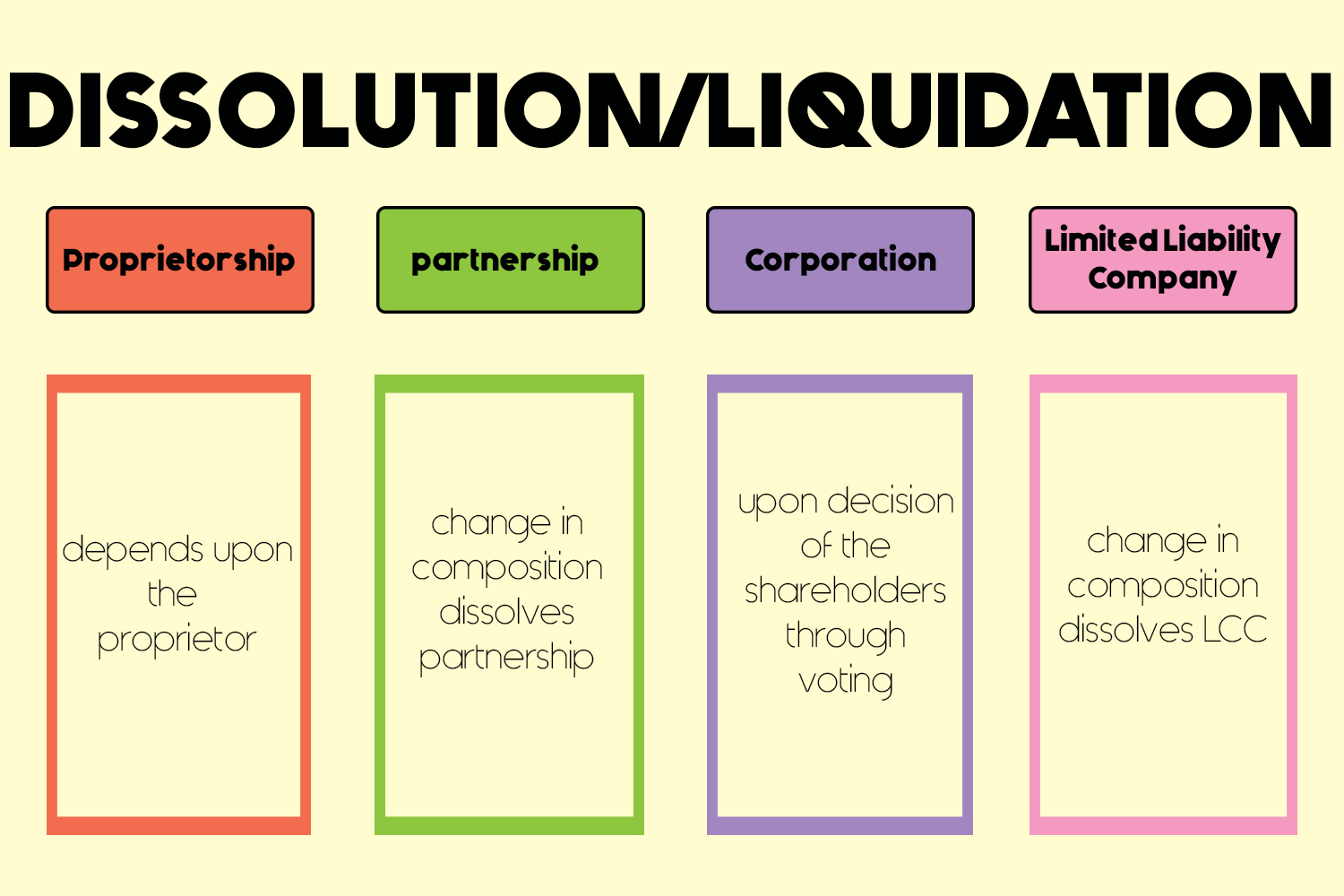Browsing Staff Payments: If a Company Goes Into Administration, Do Administration Staff Still Obtain Their Wages?
Understanding the Consequences of Firm Liquidation on Worker Retention and Advantages

Effect On Task Security
In case of firm liquidation, the effect on work safety can be significant for staff members as uncertainty pertaining to future work emerges. When a company enters into liquidation, workers face the overwhelming prospect of potential work loss. This uncertainty can cause enhanced stress and stress and anxiety amongst the labor force, impacting their spirits and efficiency.
During the liquidation process, workers might experience a variety of feelings, consisting of irritation, fear, and anger, as they grapple with the possibility of joblessness. The absence of quality surrounding the timeline of the liquidation and the destiny of their positions can produce a sense of instability within the labor force.
In addition, staff members may likewise be concerned about the condition of their advantages, such as healthcare coverage, retirement, and paid pause, throughout and after the liquidation procedure. The potential loss of these benefits adds another layer of complexity to a currently difficult circumstance for staff members.
Adjustments in Worker Perks

One common change is the decrease or elimination of certain benefits to cut expenses and clear up arrearages. For example, employer payments to retirement might cease, leaving workers to carry the complete obligation of conserving for their future. Healthcare advantages may be scaled back, resulting in higher out-of-pocket expenditures for medical services.
Interaction becomes critical throughout this period of shift. Employers need to be clear about the changes, supplying clear explanations and aid to assist employees browse through the modifications. Open up dialogue and assistance can help ease anxiousness and uncertainty amongst the workforce, cultivating an extra positive transition experience regardless of the challenging circumstances.
Retention Methods Post-Liquidation
Complying with the business liquidation, implementing effective retention approaches is critical to safeguarding business ability and maintaining security within the workforce. In times of uncertainty, workers might really feel anxious about their future job security try this out and be more inclined to look for different employment possibility. To mitigate this risk, companies must focus on open communication, providing openness regarding the business's scenario, and offering support to employees throughout the transition period.
One key retention strategy post-liquidation is to prioritize employee well-being and morale. This can be accomplished with regular check-ins, counseling services, and creating a positive workplace. Additionally, using job development possibilities and upskilling programs can boost employee inspiration and engagement during tough times. Identifying and compensating employees for their commitment and dedication can likewise cultivate a feeling of loyalty and devotion to the company.
Moreover, developing a clear career development path and setting sensible goals can provide staff members a feeling of instructions and purpose within the business (do you still get redundancy if company goes into administration). By investing in staff member growth and proactively including them in decision-making processes, companies can increase worker retention rates and develop a resistant labor force post-liquidation
Legal Legal Right and Defenses
Throughout the results of this link business liquidation, it is vital to address the lawful civil liberties and defenses available to workers to make sure a reasonable and certified process. It is essential for employees to understand these legal rights and seek legal advice if needed to browse the complexities of the liquidation process.
In addition, in situations where a company goes into liquidation, workers are frequently thought about preferential financial institutions, giving them greater top priority in obtaining outstanding settlements over various other financial institutions. Understanding these lawful civil liberties and securities is basic for staff members to protect their passions and seek ideal choice in the occasion of business liquidation - what happens to staff when a company goes into liquidation.
Coping With Financial Unpredictability
Browsing economic uncertainty can be a complicated obstacle for workers influenced by firm liquidation. During such times, it is crucial for employees to analyze their existing monetary scenario realistically.
Seeking economic counseling or assistance from specialists can offer beneficial insights into handling financial debts, restructuring Discover More Here economic responsibilities, and preparing for the future. It is necessary for employees to remain informed concerning their privileges, such as severance plans or exceptional repayments, to guarantee they obtain what they are owed. In addition, considering different employment alternatives or gig possibilities can aid bridge financial voids during this transitional duration. By proactively addressing economic challenges, employees can navigate through the unpredictability triggered by firm liquidation with greater resilience and preparedness.
Conclusion
To conclude, firm liquidation can have substantial ramifications on employee work safety and security, advantages, and overall health. It is essential for companies to apply retention techniques and supply support to workers throughout this unpredictable time. Comprehending legal rights and securities can assist mitigate the effect of liquidation on employees. Managing monetary unpredictability needs an aggressive technique and interaction from both companies and employees to navigate through the difficulties efficiently.
When a business faces liquidation, the destiny of its staff members hangs in the equilibrium, elevating crucial concerns about job protection, advantages, and long-lasting security. The effect of business liquidation on worker retention and advantages is a complex concern that requires a better exam to recognize the full range of its consequences.
Navigating monetary uncertainty can be a complicated difficulty for staff members influenced by company liquidation. By proactively addressing monetary challenges, staff members can navigate with the uncertainty triggered by business liquidation with better resilience and readiness.
